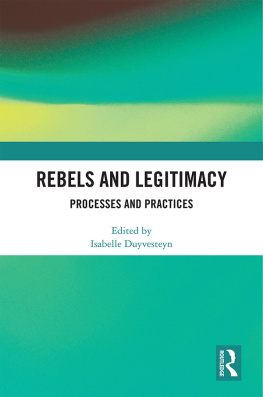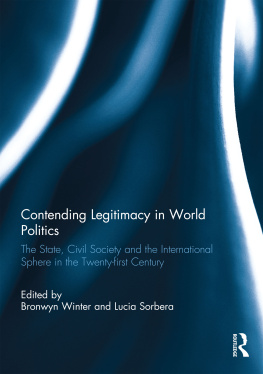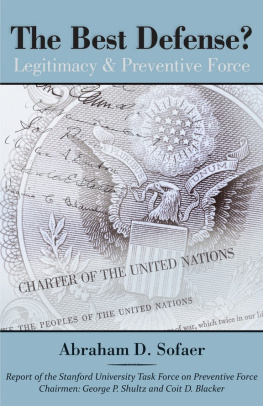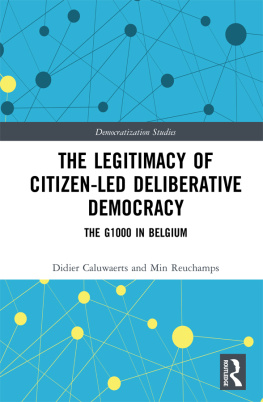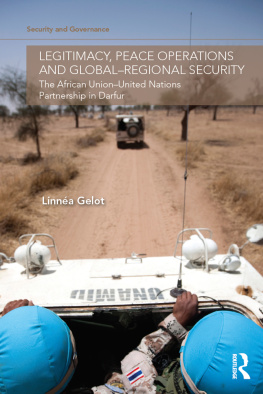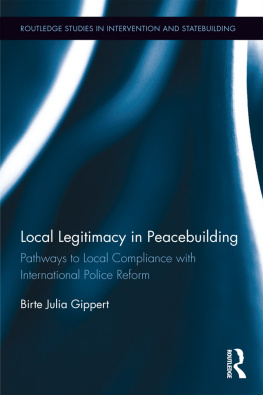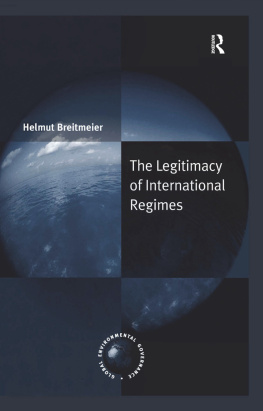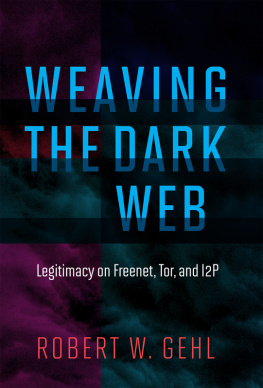First published in 1996 in Great Britain by
Routledge
2 Park Square, Milton Park, Abingdon, Oxon, OX14 4RN 270 Madison Ave, New York NY 10016
Transferred to Digital Printing 2006
Copyright 1996 Rudolph C. Barnes Jr.
Excerpts from A Distant Mirror by Barbara W. Tuchman
copyright 1978 by Barbara W. Tuchman.
Reprinted by permission of Alfred A. Knopf Inc.
British Library Cataloguing in Publication data
Barnes, Rudolph C.
Military Legitamacy: Might and Right
in the New Millennium
I. Title
306.27
ISBN 0-7146-4624-5
Library of Congress Cataloging-in-Publication data
Barnes, Rudolph C., 1942
Military legitamacy: might and right in the new millennium /
Rudolph C. Barnes, Jr.
p. cm.
Includes bibliographical references and index.
ISBN 0-7146-4624-5 (hardback)
1. Sociology, Military. 2. Command of troops. I. Title.
U21.5.B36 1996
306.2'7dc20
95-30804
CIP
All rights reserved. No part of this publication may be reproduced in any form or by any means, electronic, mechanical, photocopying, recording or otherwise, without the prior permission of Frank Cass and Company Limited.
Typeset by Vitaset, Paddock Wood
Publisher's Note
The publisher has gone to great lengths to ensure the quality of this reprint but points out that some imperfections in the original may be apparent
Military legitimacy is about the balance between might and right. It is a relative concept, differing in periods of war and peace. In wartime, survival takes precedence over the niceties of the law; there can be no substitute for victory. In peacetime the legitimacy of military operations is not measured by overwhelming force but by public support - the vacillating, unwritten product of the public will. The focus of this book is on the legitimacy of peacetime military operations and the public support that is both a requirement and measure of military legitimacy.
Beginning with the United States Constitution, the rule of law and its protection of human rights has been the bedrock of military legitimacy; but there is more to legitimacy than the law. It also includes a shifting penumbra of moral and cultural standards which are interpreted in the context of prevailing values - values that often have different meanings for civilians and military personnel.
National values - the interrelated concepts of democracy, human rights and the rule of law - are ingrained in the legal and moral requirements of military legitimacy. They are the stuff of politics, and politics have traditionally been anathema to the military. Public support is both a requirement and measure of military legitimacy in a democracy.
The subject of military legitimacy is especially relevant to our times. With the end of the Cold War, US national and military strategies, driven by the pervasive threat of the 'evil empire' for 40 years, lost their underpinnings. New strategies and capabilities must be built on the principles of legitimacy, and while the core principles of democracy, human rights and the rule of law have not changed, the new strategic environment is creating new priorities for military legitimacy in the coming millennium.
This book describes the components of military legitimacy and applies them to contemporary military activities. In military doctrine these activities are referred to as operations other than war. Most are civil-military operations which are distinguished from warfighting in that their ultimate objective is not to defeat an enemy with overwhelming force, but to achieve political objectives through public support both at home and in the area of operations.
Civil-military relations are usually an index of success or failure in operations other than war. Achieving mission success in the new millennium will require redefining the role of the soldier and the state to emphasize civil-military relations and strengthening civil-military capabilities through more extensive and effective utilization of civilian soldiers in the total force. This book advocates new paradigms for leadership and civil-military capabilities in operations other than war: they are the diplomat warrior and civil affairs forces.
Conforming military strategies and capabilities to the new priorities of military legitimacy will require change, but change will not come easily to the world's largest bureaucracy. Thomas Jefferson once spoke of the need for change; his words, prominently displayed in the lobby of The Army Judge Advocate General's School, in Charlottesville, Virginia, are especially relevant to military legitimacy:
Laws and institutions must go hand in hand with the progress of the human mind. As that becomes more developed, more enlightened, as new discoveries are made, new truths disclosed, and manners and opinions change with the change of circumstances, institutions must advance also, and keep pace with the times.
So it is with the US military. As an institution governed by the rule of law it must advance or adjust its course to keep pace with changing times - specifically changing security needs and public perceptions of the role of the military. The focal point for such change will be in military leadership. Military leaders in the new millennium must be more than fighters; they must also be thinkers and diplomats who can serve a broad spectrum of peacetime security needs. More extensive civil-military relations are contemplated by new doctrine on operations other than war. This doctrine brings the military into the mainstream of US domestic and foreign policy, and requires military leaders who can function as an extension of both the military and the diplomatic corps.
Chapter headings suggest a spiritual dimension to traditional values, with religion - specifically the golden rule - providing the moral foundation for the concept of legitimacy. But religious fundamentalism can be a serious threat to democracy, human rights, and the rule of law. Most in the military understand this paradox of religion and democracy, since it is similar to the paradox of the military as an authoritarian organization in a democracy.
Faith is required of those who risk life and limb for God and country; but blind faith and zeal in the military can threaten legitimacy, as it did in Hitler's Germany. Even in the US over-zealous officers, such as Colonel Oliver North, jeopardize military legitimacy whenever they put mission above the law; in a similar manner their kindred religious zealots threaten freedom and democracy whenever they demand that government embrace their religious rules and intolerance for dissent.
History has taught the dangers of misplaced loyalty that comes from military and religious fanaticism. The panoply of faiths that sustain those in the military must have their common denominator in the Constitution, which guarantees the freedoms of religion and expression. Concepts of duty and loyalty must be grounded in preserving and protecting the Constitution and the national values it was created to protect: democracy, human rights and the rule of law.


